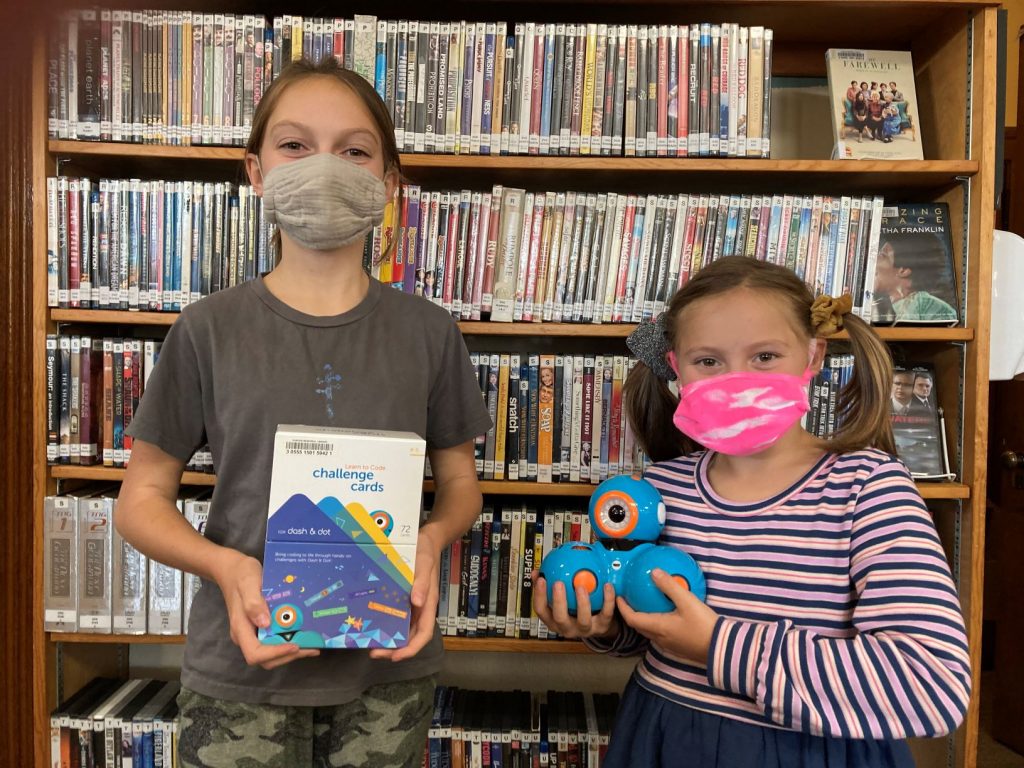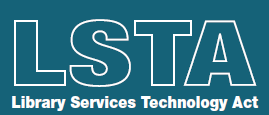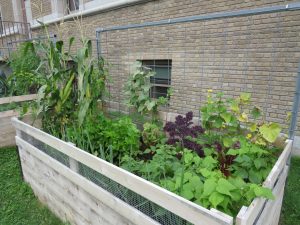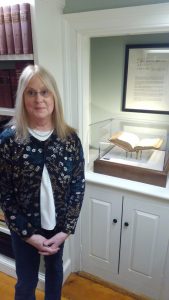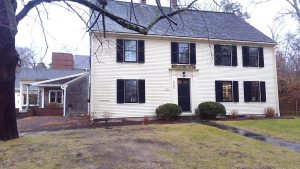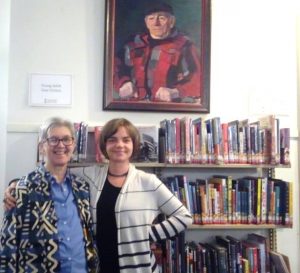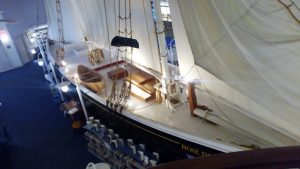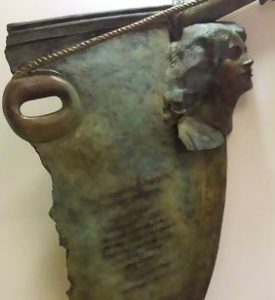Dear Colleagues:
It’s been a busy few weeks with both the state and federal budgets passed. I’ve included some key takeaways and actions needed below.
Now is the time for IMLS funding
Funding to the Institute of Museum and Library Services (IMLS) will be decided in the next few weeks. It is critical to contact legislators now.
In the federal budget framework that was just passed, IMLS is funded at $6 million to essentially close down the agency. BUT that is not a done deal. While IMLS is part of the federal budget, Congress, not the President, determines how much funding IMLS will get.
The House Appropriations Committee is currently reviewing and marking up the budget. The subcommittee overseeing funding for IMLS is scheduled for Monday, July 21. Members of this committee can be contacted.
This article on BookRiot has valuable information about who to contact and what information to include.
The federal budget impacts the state budget.
Governor Healey signed the state budget last week. State legislators and officials are determining how federal budget cuts will impact the state. But the Governor has already been proactive. According to the Healey and Driscoll Administration, “Governor Healey is vetoing $130 million, resulting in a final budget that is more than $1 billion less than the H1 proposal and $130 million less than the final conference budget. The administration is also continuing an Executive Branch hiring freeze, halting a planned non-union manager pay raise scheduled for January, saving $17 million, and delaying payment on earmarked funds for local projects in the budget totaling approximately $125 million until later in the year when more is understood about their affordability.”
The state budget level funds all but two Massachusetts Board of Library Commissioners (MBLC) budget lines—in this climate that is good news. However, it is tempered with a $21,341 cut to the Board of Library Commissioners Support and Outreach Services line (7000-9101). For FY2026, the MBLC requested an increase of $414,854 to this line. Given the federal uncertainty, this funding is even more critical for agency staff and operations and was funded below FY2025 levels at $2,052,927.
What is the status of IMLS?
In addition to funding hurdle, the reauthorization of the Museum and Library Services Act (MLSA) of 2018 needs to happen by September 30. This is done by Congresson a six-year cycle. The 2018 MLSA authorizes spending levels through October 1, 2025. It is critical to contact legislators about reauthorization.
The MBLC has had very limited contact with IMLS since much of the agency’s workforce was placed on leave. Last week the Supreme Court’s ruling on mass firings at federal agencies seems to support the Trump Administration’s reduction in workforce efforts. It’s unclear whether IMLS staff will be brought back while Massachusetts and other states pursue legal avenues.
As I’ve mentioned in previous updates, the way the IMLS funding works in Massachusetts is that the MBLC expends money and is then reimbursed by IMLS for those expenses. The lack of IMLS staff and the uncertainty about IMLS funding mean the risk of not being reimbursed remains high.
However, the MBLC continues to submit for reimbursements and some small reimbursements have gone through. It’s too soon to tell what that means for future reimbursements, especially with the significant hurdles that still exist for IMLS funding. For more background the Center for Budget Policy and Priorities sums up the current circumstances well. Read the full article.
Thank you for your advocacy and your support as we navigate these difficult times together. Please continue to reach out with questions anytime.
Sincerely,
Maureen Amyot
Director, Massachusetts Board of Library Commissioners
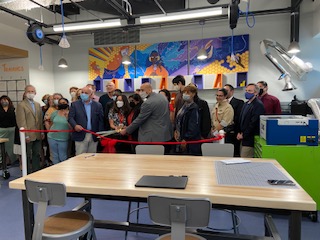 On July 6, 2021, the Cambridge Public Library opened its brand new Hive Makerspace on the lower level of the Main Library. The library says, “The mission of The Hive is to provide free, hands-on STEAM learning opportunities to the Cambridge community, resources for personal projects, and to serve as a hub for skill sharing and creative collaboration.”
On July 6, 2021, the Cambridge Public Library opened its brand new Hive Makerspace on the lower level of the Main Library. The library says, “The mission of The Hive is to provide free, hands-on STEAM learning opportunities to the Cambridge community, resources for personal projects, and to serve as a hub for skill sharing and creative collaboration.”